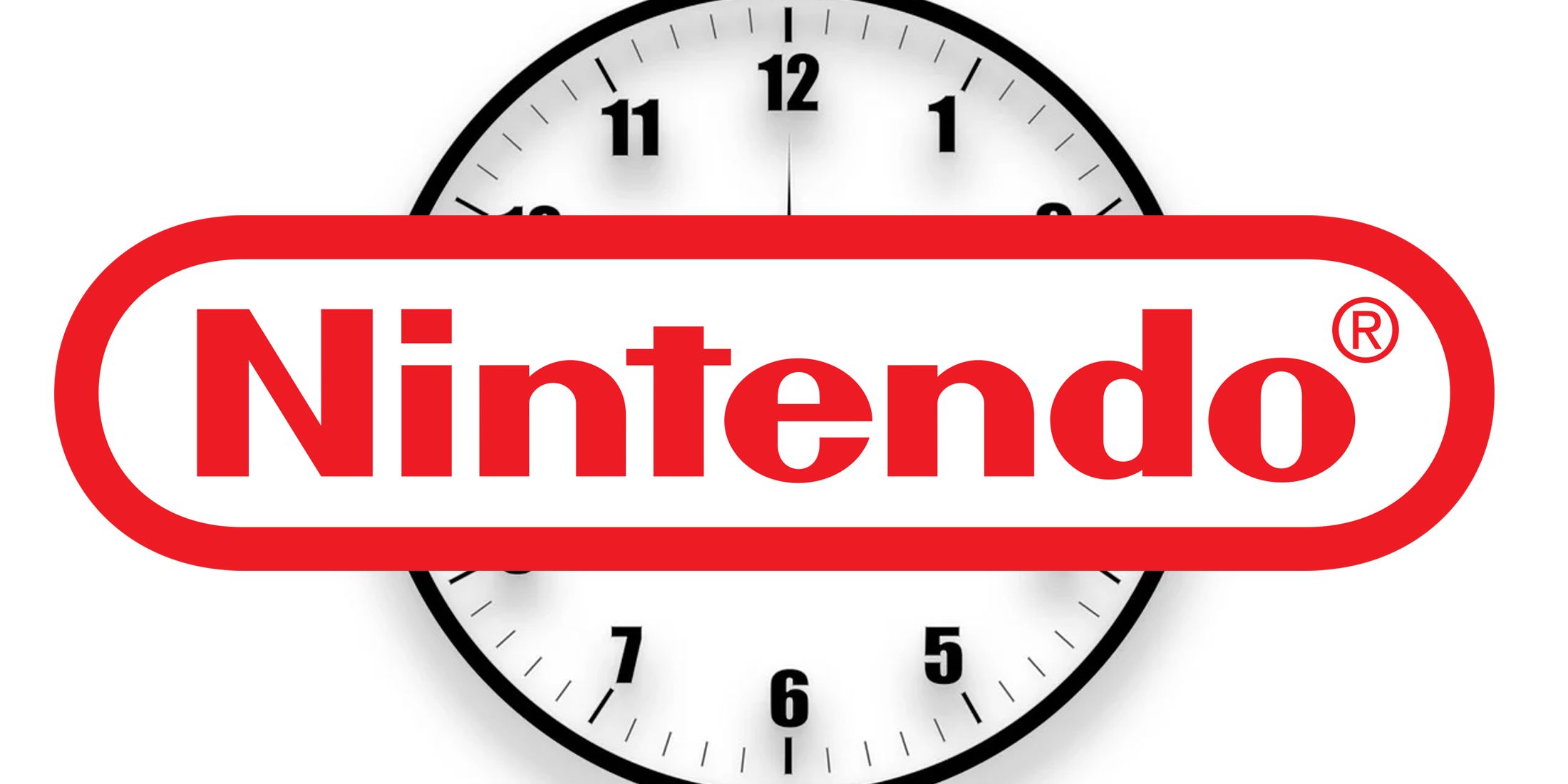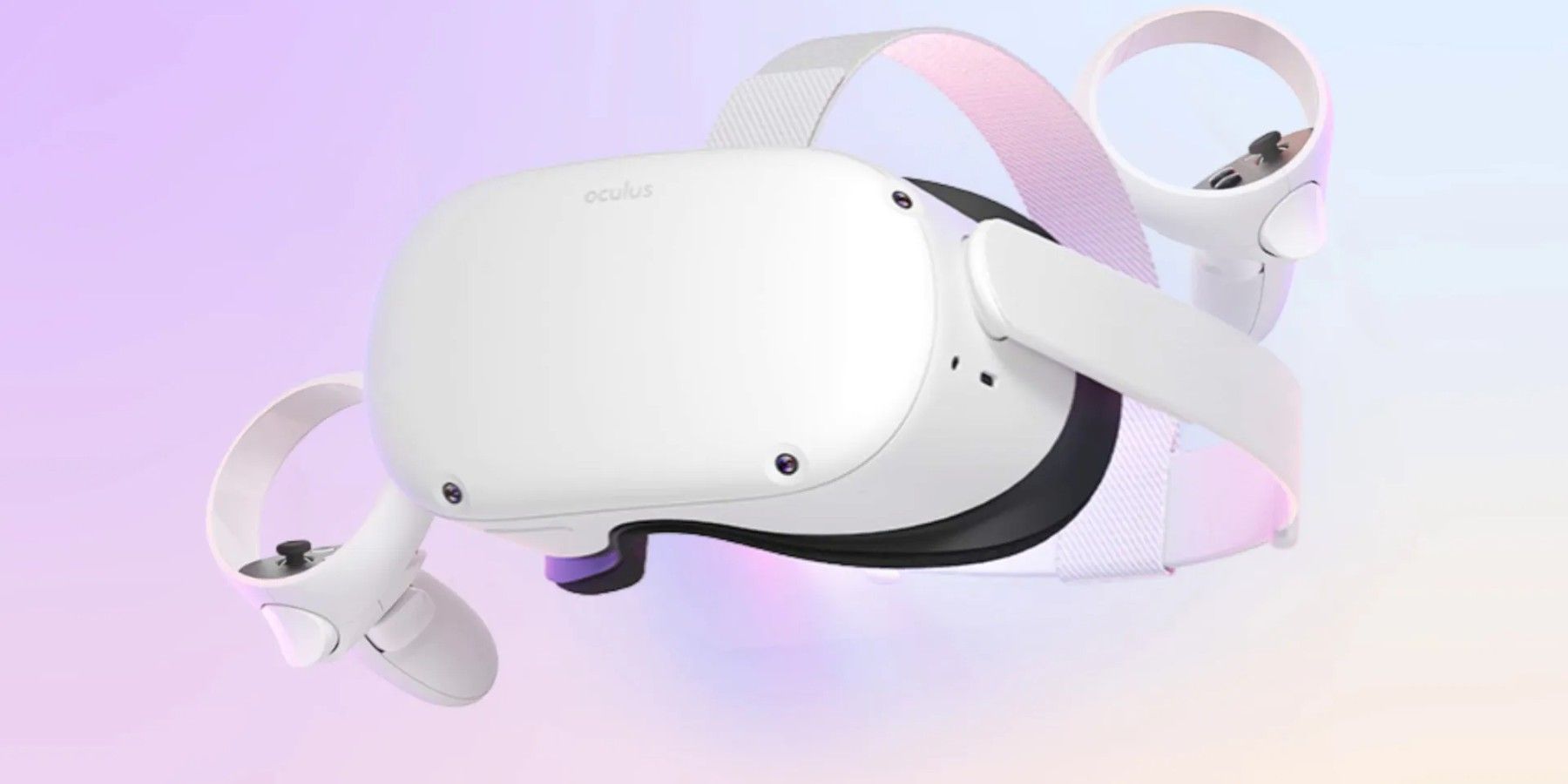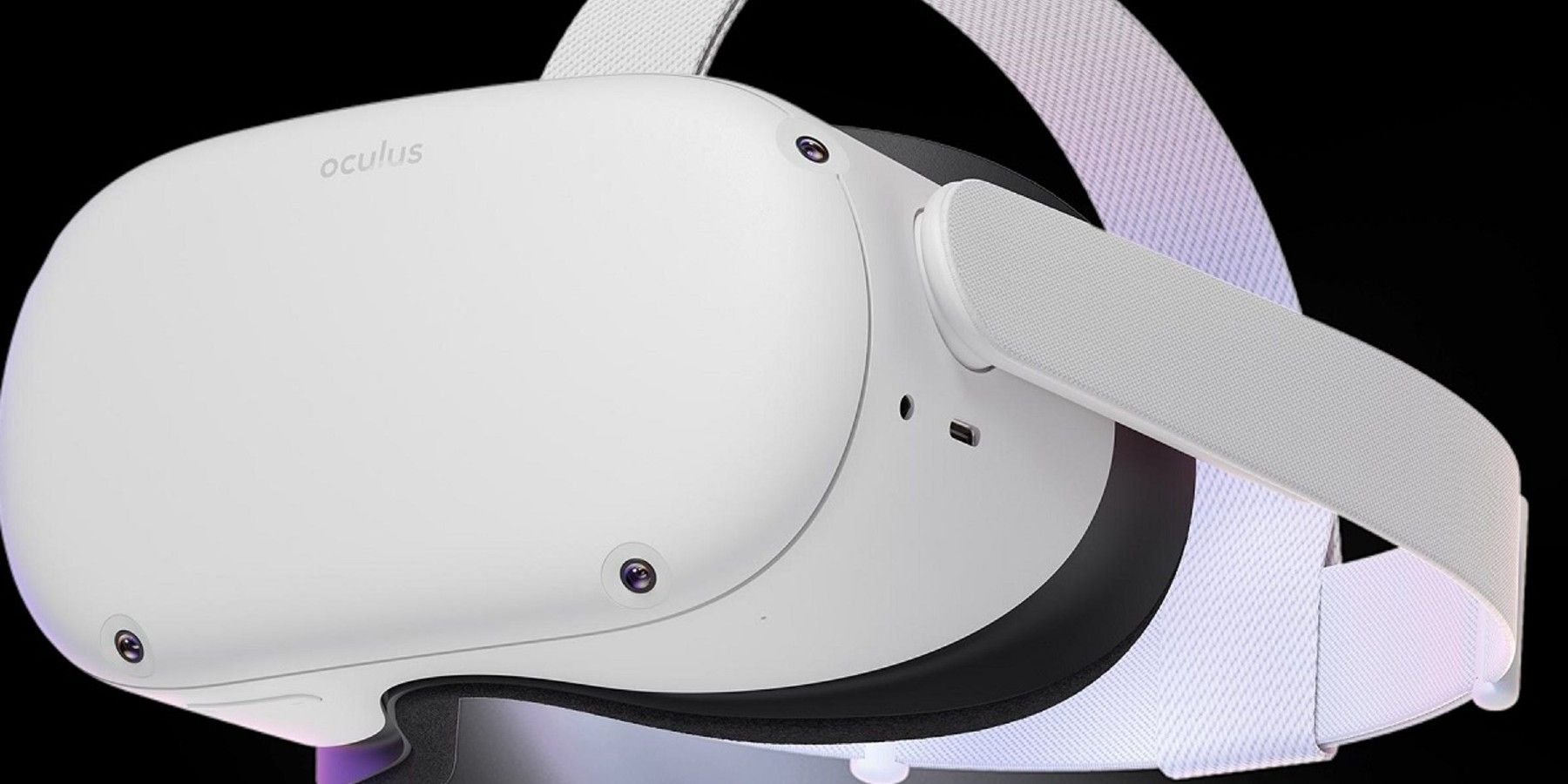Game developers and gamers themselves have thought about and tried to implement virtual reality many times over the years. While virtual reality still isn't the leading method of gaming, it's gaining in popularity, and due in no small part to the efforts of Meta (formerly Facebook).
Through the Meta Quest (formerly Oculus) headsets and an effort towards creating the Metaverse, more people than ever have gotten a taste of what virtual reality has to offer, both within and outside of gaming. However, achieving the future that Facebook sees isn't coming cheaply, and the company continues to see major losses as a result of its development into this field.
Reality Labs, the division of Facebook/Meta responsible for developing virtual reality applications and headsets, has released its quarterly report alongside the rest of Facebook. This report has revealed that on its own, Reality Labs has seen a loss of nearly $3 billion so far in 2022, up from a loss of nearly $2 billion the year before.
That's not to say that Reality Labs is losing money with no results, however. The division has also generated just shy of $700 million in sales over the same period of time, an increase of over $150 million from the same time span in 2021. While it's far from breaking even with the amount that it's lost, the continued losses are likely due to Facebook/Meta's continued push to expand virtual reality's applications and accessibility at high speeds.
So far, the consumer-level Oculus/Meta Quest 2 has seen major success. The device, like its predecessor, is often in high demand and has been difficult to find available for purchase at times. A truly wireless experience in virtual reality took gamers by storm, offering them a similar experience to PC virtual reality without having to be tethered to a computer and not needing a wide array of sensors in order to enjoy the experience. Since then, the device has evolved further, letting players connect to computers with a cable for the full-fledged gaming experience, or even doing so wirelessly to utilize the player's PC GPU for better visuals.
However, virtual reality is far from widely adopted just yet. Facebook sees a future where people will use Meta devices to not only game and explore the Metaverse, but also to cooperate for work. Reality Labs is continuing to strive to make the Metaverse a real thing, and more headsets are in development, with VR units allegedly aimed at both businesses and casual users alike. These developments don't come cheaply, but Facebook has deep pockets to finance these creations. There's still a lot up in the air about the Metaverse and the future of VR, but Facebook isn't backing down.
Source: VentureBeat





